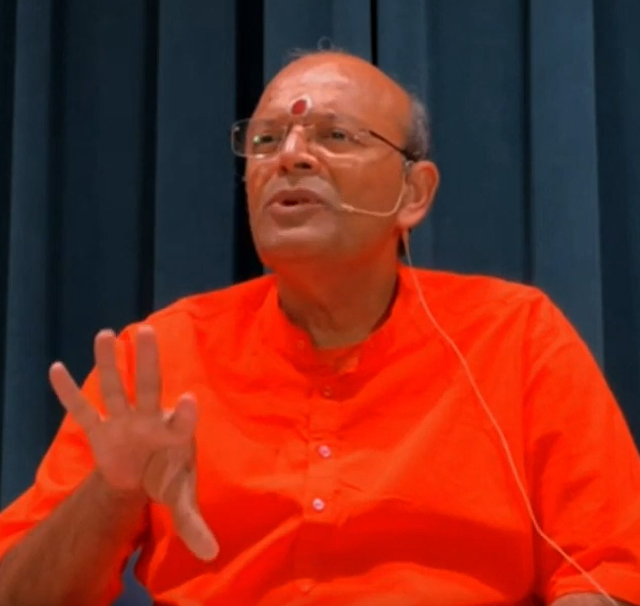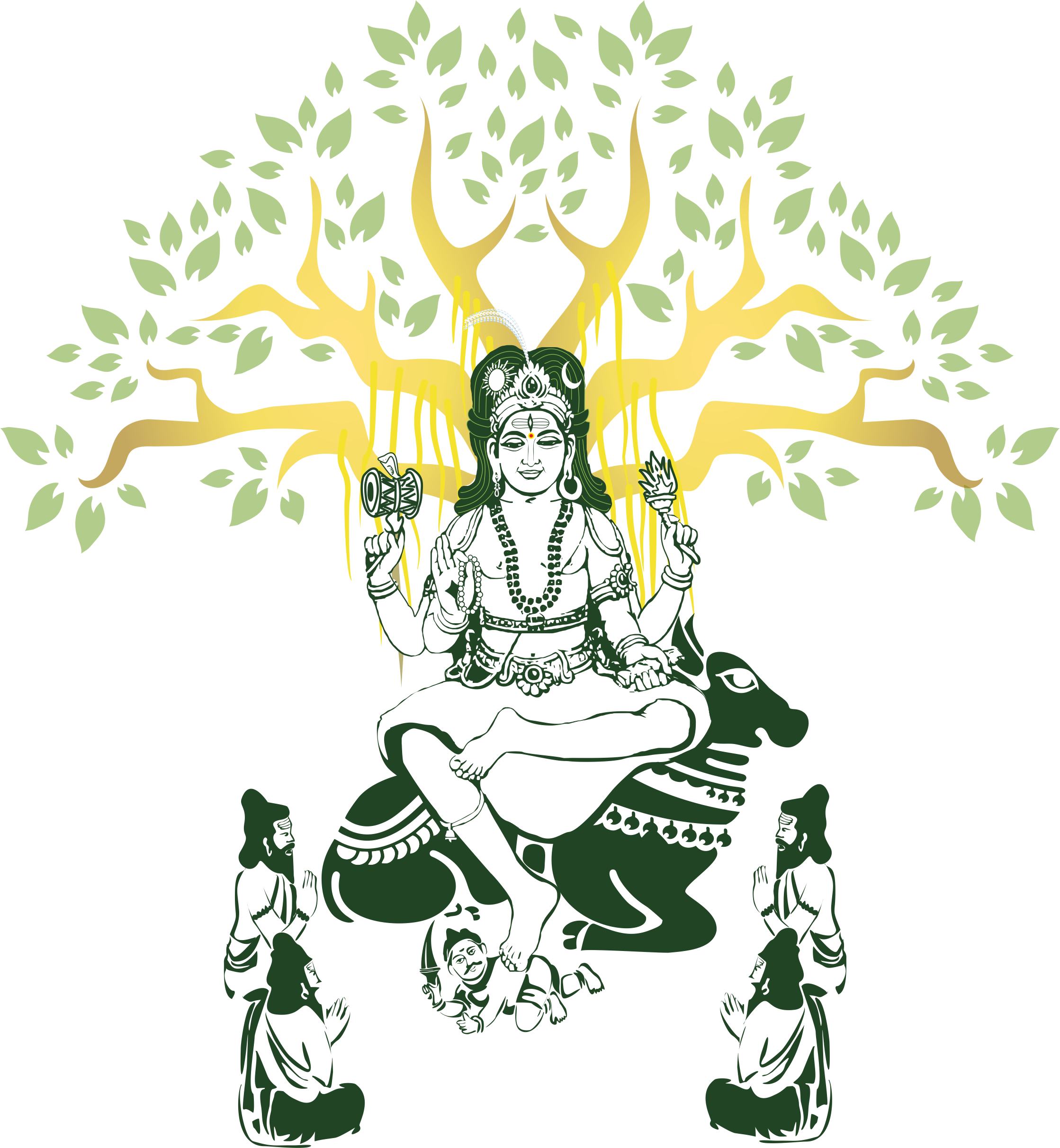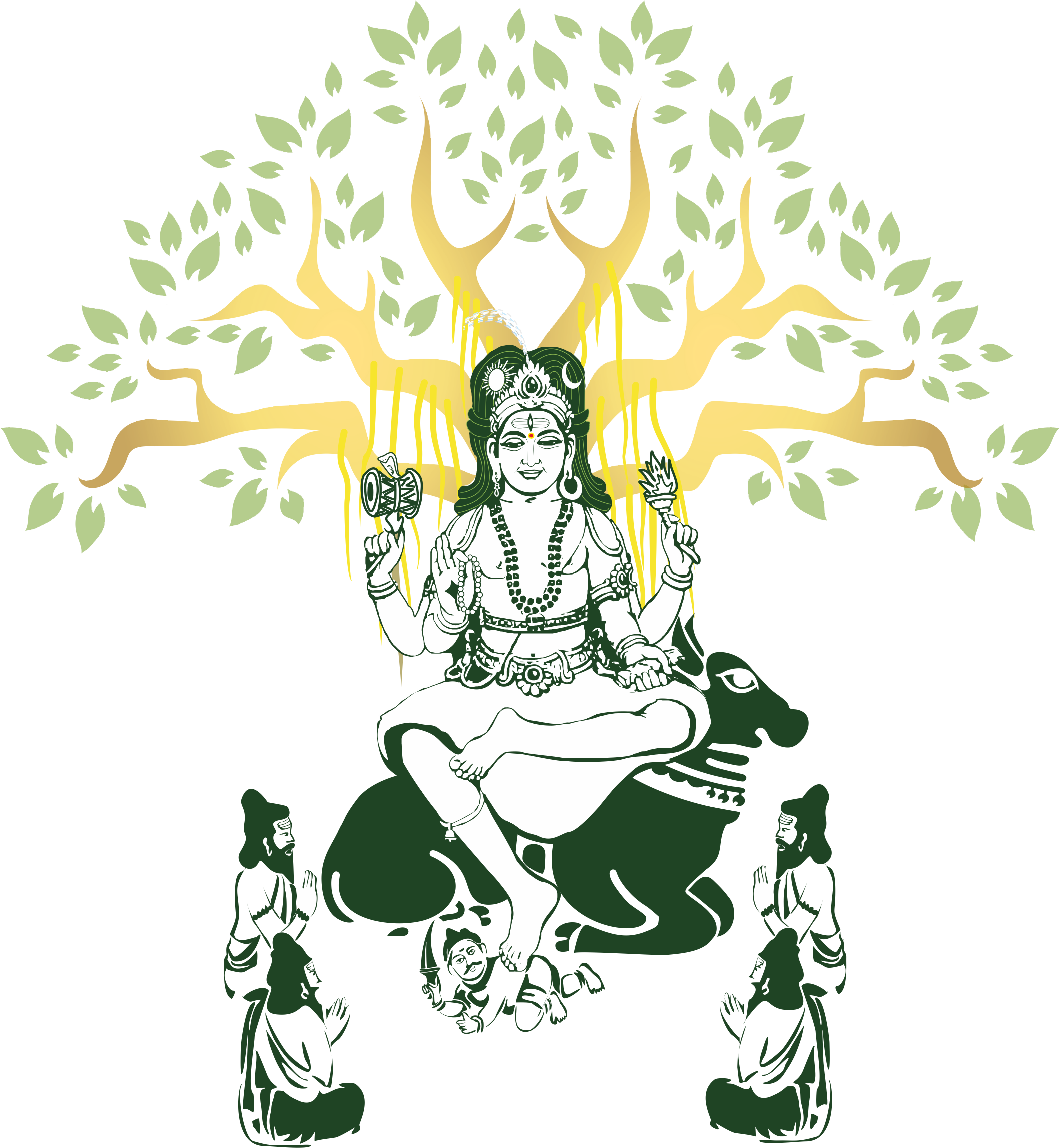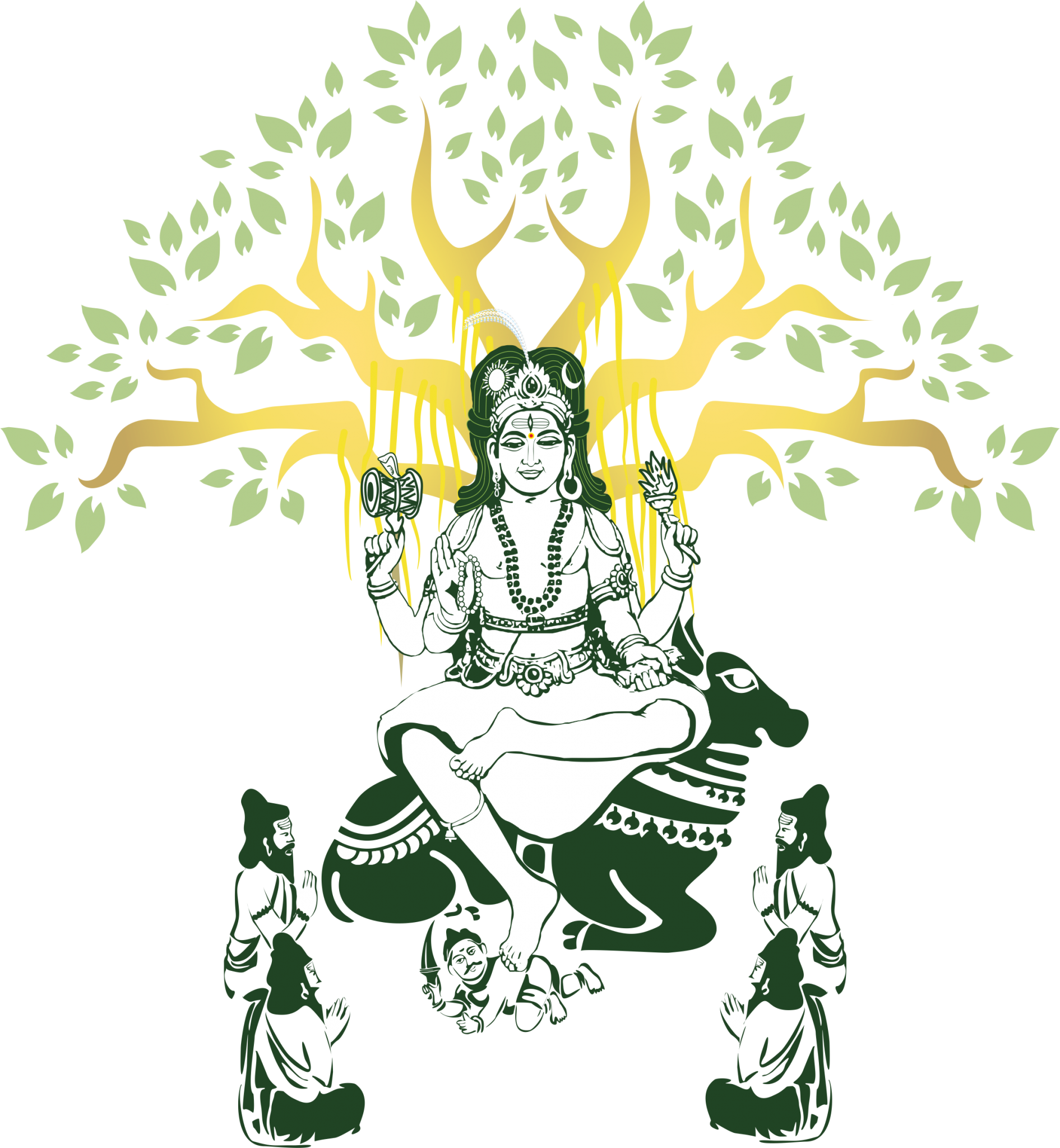Live Streaming
(scroll to bottom for Recent Event info)
Daily Abhisheka and Aarati to Lord Dakshinamurti
5:40-7:00 am ET (UTC-4) Abhisheka
5:45-6:15 pm ET (UTC-4) Aarati
NOTE: Due to Temple repairs, all abhisheka and arati services will be offered at the Sphatika-linga in the Temple at the side platform from March 11 – May 16, 2024.
For information about in-person attendance, click HERE.
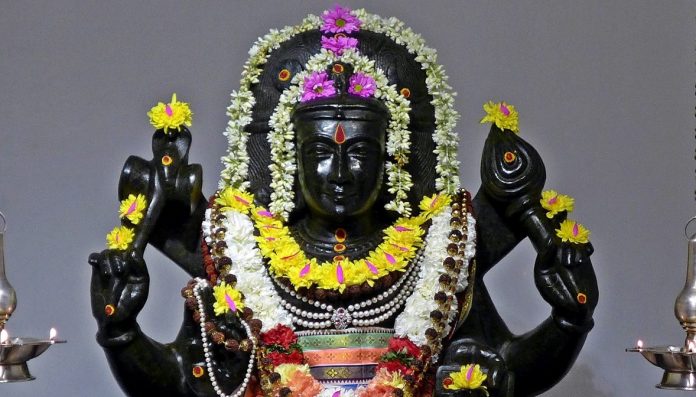
2024 Shri Ramanavami Puja
Wednesday, April 17
11:30 am – 12:30 pm
In-Person and Online
Program Details:
Shodasa-upachar puja
Ram Ashtottara
Diparadhanam
Afternoon Arati
Prasadam (Lunch)
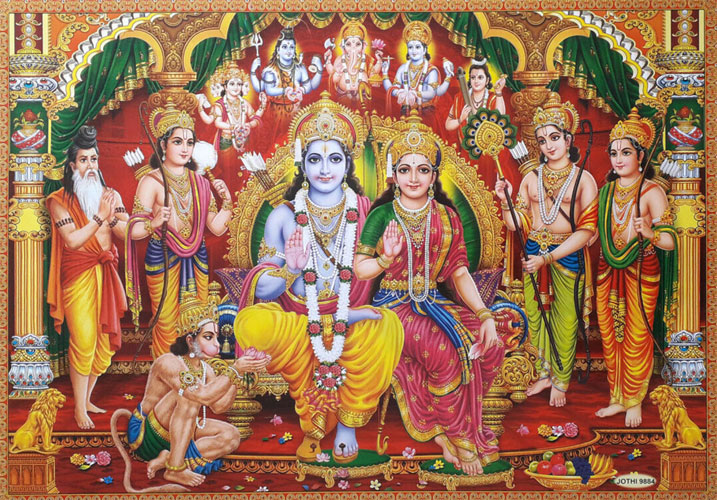
Ongoing Classes
Panchadashi with Swami Muktatmananda ONLINE STUDY
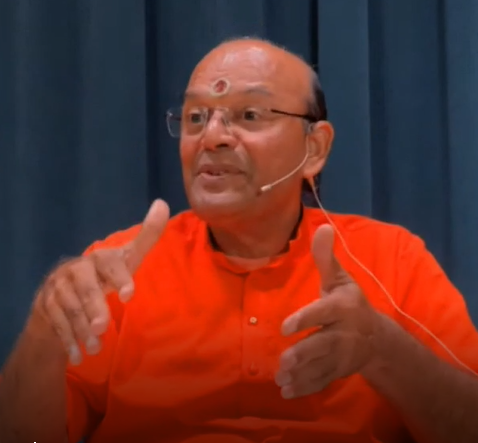
Arsha Vidya Balagurukulam's Parents Vedic Chanting Class with Sri Suddhatma ONLINE
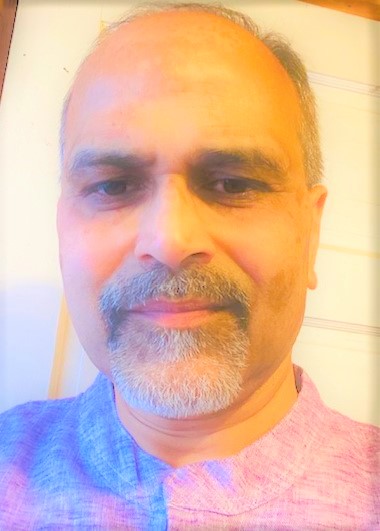
Shrimad Bhagavatam Study Classes with Brhm. Pratyagaatma Chaitanya ONLINE ONLY
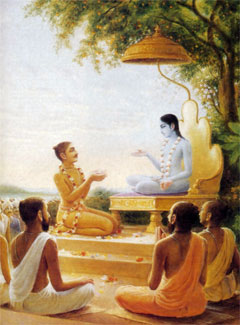

Bhagavad Gita Study Classes with Brhm. Pratyagaatma Chaitanya ONLINE
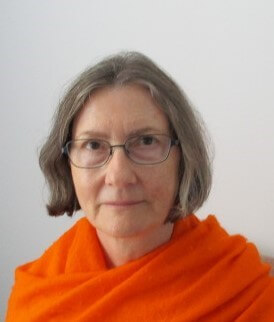
Meditation Workshop with Swamini Agamananda ONLINE
1st and 3rd Saturday every month 11:00am-12:00pm ET (UTC-4)
Teacher: Swamini Agamananda
Meditation plays an integral part in a seeker’s spiritual journey, in that it steers the wavering mind into a state of quietude, wherein the tumult of distracting desires loosen their grip. With practice, the mind will be ushered to a deeper realm of stillness. Such a mind gains the capability for a lofty vision and cannot be influenced by anything. As the practice of meditation deepens, one can resolutely face the problems in life and gradually become a yukta, one who abides in one’s real nature.
Recent Events
1st and 3rd Sunday Classes with Swami Muktatmananda
Sunday, April 7, 2024
In-Person and Online
10:00 – 11:00 am ET Class 1
11:30 am – 12:30 pm ET Class 2
TOPIC: Bhagavad Gita Chapter 8
More details HERE
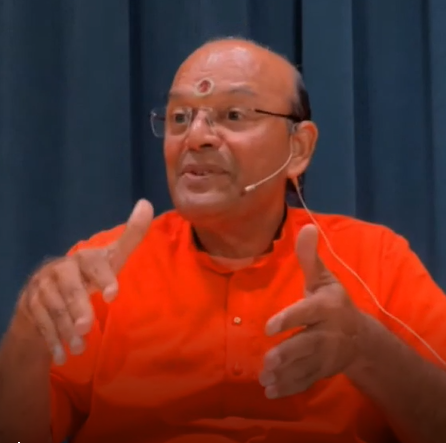
2024 Spring Weekend Vedanta Course 1 with Swami Sachidananda
April 4 – April 7, 2024
In-Person and Online
Ashtavakra Gita – Assimilation of the Vision (selected verses)
The Astavakra Gita, a dialogue between Sage Astavakra and King Janaka, is a text meant for contemplation to strengthen abidance in the vision of Vedanta. As such, it contains very powerful statements that negate all of our wrong notions and identifications with the things of the world and the body-mind itself. Swamiji will show how this profound text can be assimilated to achieve lasting happiness and peace.
TEACHER:
Swami Sachidananda
More Details HERE
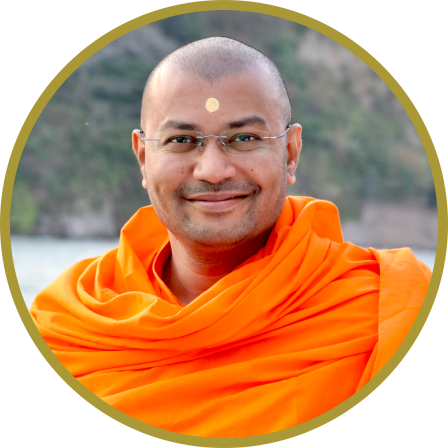
2024 Four-Week Vedanta Course with Swami Muktatmananda
March 4 – April 4, 2024
In-Person and Online
Swamiji will discuss and give guidance to students in the traditional Vedantic form of meditation, the purpose of which is to contemplate upon the nature of the very meditator. He will also be teaching the second chapter of the Bhagavad Gītā, in which Lord Krishna reveals the truth of the self to Arjuna, defines the discipline of karma-yoga, and describes the characteristics of a wise person.
Course Program and Text:
Click here for Devanagari Text
Click here for Transliteration Text
More Details HERE
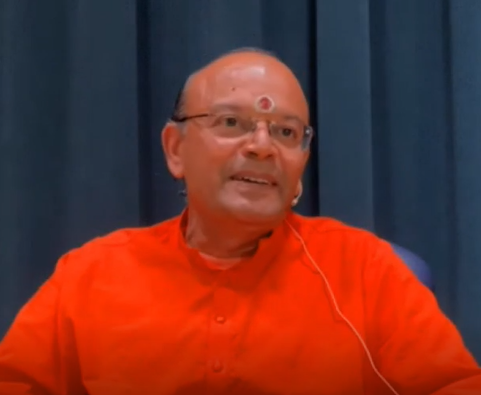
2024 Easter Weekend Vedanta Course with Swami Muktatmananda
March 29 at 8 pm ET
to
March 31 at 12 pm ET
In-Person and Online
TOPIC:
Aparokṣānubhūti 68-75
Aparokṣānubhūti by Ācārya Śri Ādiśaṅkara is a complete text of Vedānta, detailing all that is involved in gaining self-knowledge. The selected verses describe the different ways in which the self is taken to be the body.
TEACHERS:
Swami Muktatmananda
Suddhatma Chaitanya (Vedic Chanting)
More Details HERE
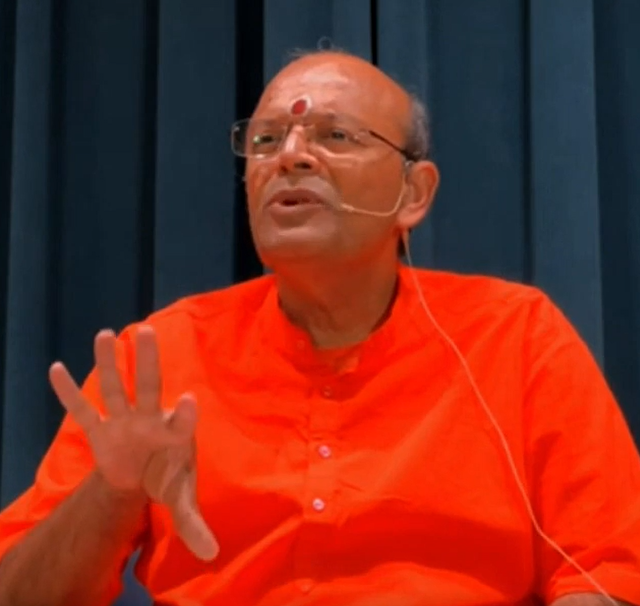
1st and 3rd Sunday Classes with Swami Muktatmananda
Sunday, March 17, 2024
In-Person and Online
10:00 – 11:00 am ET Class 1
11:30 am – 12:30 pm ET Class 2
TOPIC: Bhagavad Gita Chapter 8
More details HERE
